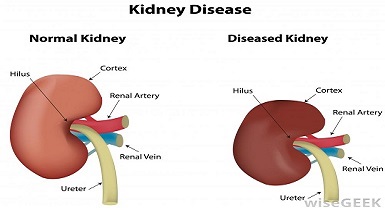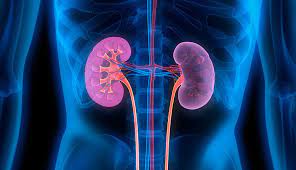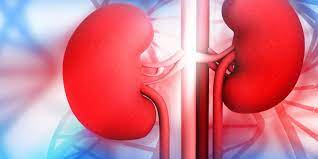
Kidney disease/Renal Diseases poses a formidable health threat, impacting millions globally. The kidneys, crucial for filtering waste, maintaining mineral balance, and regulating blood pressure, are vulnerable to various ailments. This article delves into key kidney conditions, emphasizing their types, prevalence, and potential treatments.
-
Chronic Kidney Disease (CKD):
- Overview: A progressive condition resulting from impaired kidney function over time, often linked to conditions like diabetes or high blood pressure.
- Prevalence: Increasing in the US, with higher incidence among older adults, non-Hispanic Black individuals, and those with diabetes or hypertension.
- Stages: Categorized into five stages, with early detection and intervention crucial for better outcomes.
- Treatment: Early interventions, such as lifestyle changes and medication, prove effective in slowing CKD progression.
-
Acute Kidney Injury (AKI):
- Definition: A sudden decline in kidney function often triggered by illness or injury.
- Severity: Classified into three stages, with higher severity correlating with increased mortality risk.
- Symptoms: Decreased urine output and leg swelling.
- Importance of Prompt Action: Seeking immediate medical attention is vital for determining severity and improving outcomes.
-
Glomerulonephritis:
- Incidence: Affects the kidney’s glomeruli, with an incidence of 1.5 cases per 100,000 person-years in the US.
- Demographics: More common in men and individuals aged 15 to 34 years.
- Types: Includes IgA nephropathy, membranous nephropathy, and lupus nephritis, each requiring specific treatment.
- Treatment: Varied, with immunosuppressive therapy proving effective for certain types.
-
Polycystic Kidney Disease (PKD):
- Genetic Basis: Characterized by fluid-filled cysts, with two main types: ADPKD (more prevalent) and ARPKD (rarer).
- Prevalence: ADPKD accounts for up to 10% of end-stage renal disease cases, with a higher risk of hypertension, aneurysms, and liver cysts.
- Inheritance: Genetic, with implications for offspring if a parent has ADPKD.
- Management: Regular check-ups and monitoring can help manage complications.
-
Nephrotic Syndrome:
- Definition: Involves excessive protein leakage into urine, leading to several characteristic symptoms.
- Incidence: 3.3 cases per 100,000 person-years in the US, more common in males and individuals aged 15 to 39 years.
- Types: Varied, including minimal change disease, focal segmental glomerulosclerosis, and others.
- Treatment: Tailored to the specific underlying cause, with immunosuppressive therapy showing efficacy for certain types.
Conclusion:
Kidney diseases encompass a spectrum of conditions with diverse causes, impacts, and treatments. Early detection, tailored interventions, and ongoing monitoring are pivotal for managing these disorders effectively. Research efforts are essential for advancing our understanding and developing more targeted treatments, offering hope for improved outcomes and a healthier future.


